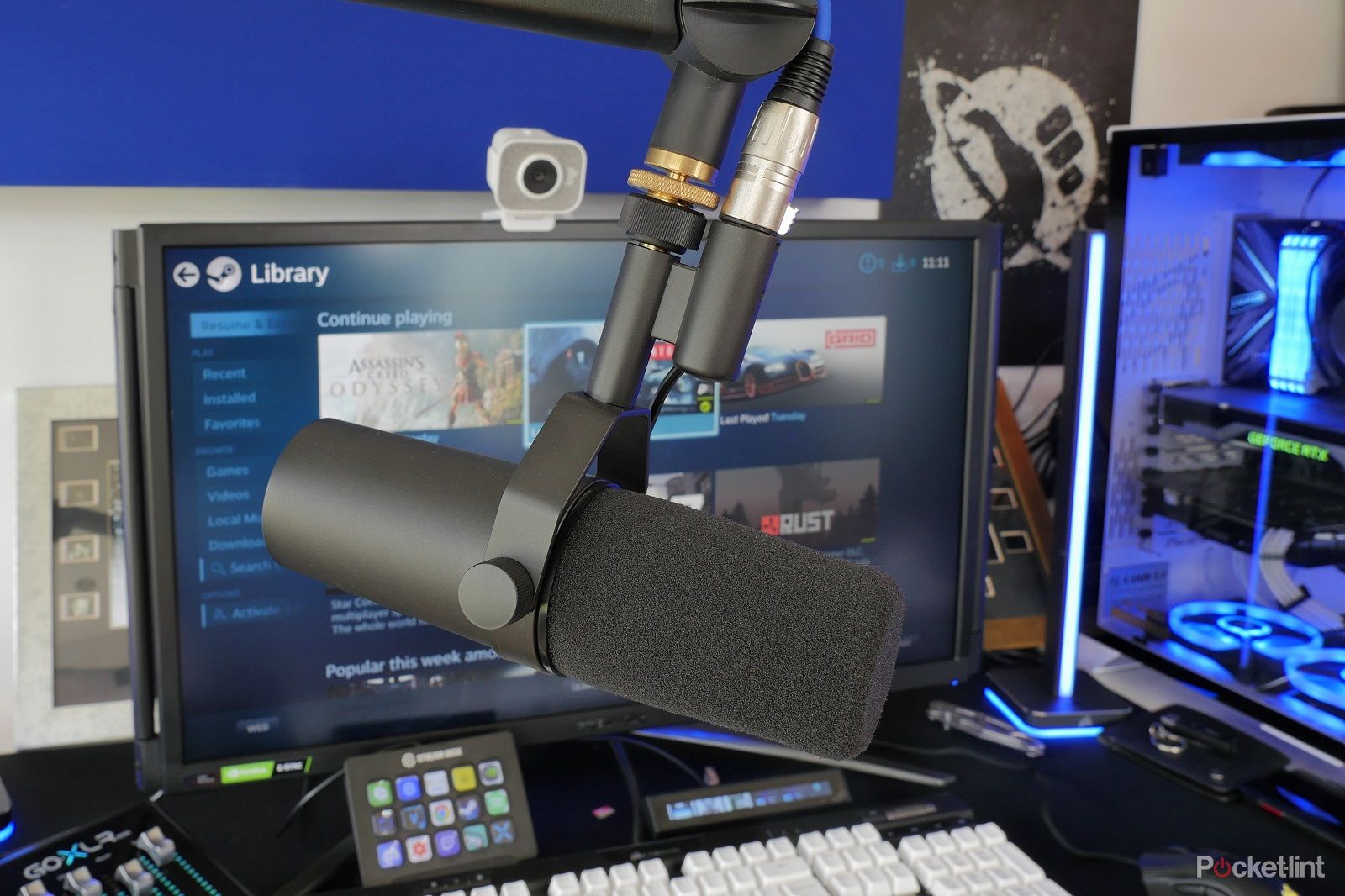Nowhere is safe from AI: Microsoft and AMD team up to develop new AI chips
AMD and Microsoft have reportedly entered a new agreement to develop processors for powering AI software and research – a move that will hopefully challenge Nvidia’s current near-dominance in that space.
It’s no secret that AI is the tech hardware industry’s current hot commodity; everybody wants to make some cash off the burgeoning popularity of machine learning tools such as ChatGPT and Google Bard. Nvidia is leading the AI charge, with its high-end processors already being used to train and run a variety of chatbots.
Unsurprisingly, Nvidia’s biggest competitor – fellow graphics card manufacturer AMD – isn’t very happy about that. AMD has long been the scrappy underdog of both the GPU and CPU markets, and it now looks ready to take on Nvidia in this new arena, with the help (and perhaps more importantly, bank account) of Microsoft.
Yes, as reported by Bloomberg, Microsoft will be providing resources and cash to help AMD produce specialist hardware for AI expansion – and I’ve got very mixed feelings on the matter. On the one hand, AI tech could have real, tangible benefits for society (and it’s good to see companies like Nvidia leaving cryptocurrency dead in the dirt), but as my colleague John Loeffler has written, gamers could be left out in the cold by the industry’s ChatGPT obsession.
The global chip shortage is very much still ongoing, after all – sure, the crypto crash has seen a period of relief, but the need for AI processors threatens to spark a new GPU shortage.
You get an AI chip, you get an AI chip
It’s no surprise to me that Microsoft wants to pump cash into AMD to improve AI expansion; much like Nvidia, the Windows creator has been going all in on AI, pumping as much as $10 billion into ChatGPT developer OpenAI and reportedly also working on designing its own AI processor, codenamed Athena.
A Microsoft spokesman clarified that AMD is ‘not involved in Athena’, but rather that Microsoft is investing to help AMD develop its own chips for AI use. This latest move is part of a broader push from the company to deepen its influence in the chipmaking industry; recent reports also claim Microsoft plans to produce its own silicon to power future systems running Windows 12.
It’s not the only company making waves in that space, either; both Google and Amazon are focusing their efforts on producing proprietary chips for machine learning. It makes sense; all these companies have their own horses in the AI race, with Microsoft pushing ahead with Bing AI.
In any case, I’m cautiously hopeful that AMD stepping into the AI processor game will prevent some of the best graphics cards being subject to shortages as hardware is increasingly guzzled up by AI developers.
AMD is making big strides, forging ahead with new hardware in a wide range of areas, from data centers to handheld gaming consoles (check out the dope-as-all-hell Asus ROG Ally). Now AI is the new frontier, and it’s good to see AMD won’t back down from a fight – but the real winner here will be Microsoft, which isn’t severing its relationship with Nvidia either; it’s playing both sides to come out on top.




